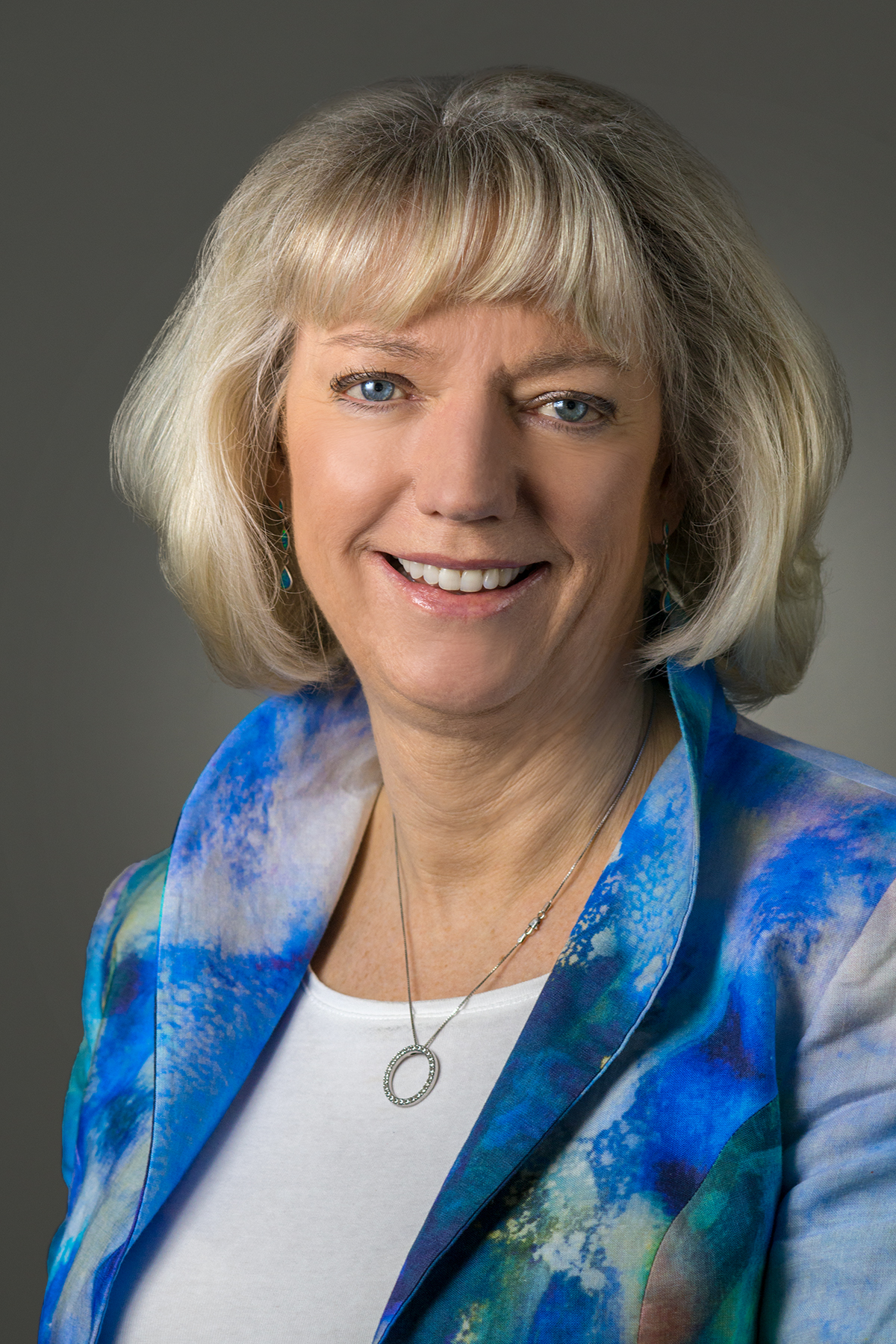
Mentoring, Women & Engineering
June 25, 2018
By
Doug Picklyk
This article first appeared in the May 2018 issue of Canadian Consulting Engineer

Karen Sobel, regional managing director, Canada and U.S. East, WorleyParsons.
Engineering continues to be a male dominated industry with a sobering number of women in executive-level positions. Karen Sobel, regional managing director, Canada and U.S. East, with WorleyParsons, is based in Calgary, and along with her senior leadership role she is also active in supporting and encouraging women to reach greater heights in their careers.
We asked Sobel to share her experiences and thoughts on mentoring and promoting women in the engineering industry.
Last September you participated as a volunteer mentor in a six-month program sponsored by the Province of Alberta that matched women with mentors. How was that experience and what was the outcome?
I was fortunate to be part of this pilot program, initiated by Minister Stephanie McLean, to support the advancement of women into senior roles. It was unique in that the mentors and mentees represented different industries.
For example, my mentee comes from the Data and Computer industry, whereas I work in Engineering and Project Delivery. The Ministry of Status of Women provided a roadmap to help us define what we hoped to achieve. In the first six months of our mentorship, my mentee and I have defined areas of strengths and interest for my mentee, discussed longer term career aspirations and worked to expand her professional network. She and I have agreed to extend our relationship for another six months as we still have some work to do to achieve other goals.
We recently attended a celebration and wrap up breakfast hosted by Minister McLean, who received positive feedback from the participants. As an added benefit of the breakfast, I was able to grow my network of phenomenal women!
You recently moderated a panel on the topic of managing multi-generational teams at the Leadership Conference for Women in Energy held in Toronto. What key theme emerged from that discussion? Did mentoring come up in the conversation?
Interestingly, reverse mentoring came up in the panel discussion – how the younger generation can help the baby boomers in a number of ways from technology to learning how to engage millennials.
There was a common thread throughout the discussion around understanding our own biases, which is obviously relevant to more than just multi-generational teams.
We discussed the dangers of assumptions and the importance of being open to other people’s ideas and opinions.
We talked about building trust and respect, holding people accountable and believing in the value of diversity.
I think we managed to debunk some of the myths about the various generations. At the end of the day, everyone comes to work to do a good job and find new opportunities to grow and advance their careers.
Do you see mentoring by women as critical for more women progressing in the engineering industry?
It can be daunting to enter any career where you are seen as a minority. I don’t think the mentor necessarily needs to be female as long as the mentor is able to provide the advice and support needed to progress the mentee.
To do this means the mentor needs to have an appreciation of the situations the mentee faces.
The most useful thing that can be done to progress women in the engineering industry is to welcome women and their different perspectives. Make them feel comfortable as part of the team – this includes things like equal opportunity and equal pay, but it is also about the small stuff such as letting a woman own her idea (don’t take it away!) and making sure she has a seat at the table.
I have seen progress in the number of women in the engineering industry, but we can still do better.
Did you have a professional mentor, if so how did it help?
I have had a number of mentors throughout my career. Mentors have helped me in several ways: supporting me when my capability was questioned, identifying great career opportunities, navigating sticky situations, and providing general career advice.
How can engineering become more inclusive of women at all levels of leadership?
As Nike says, “Just do it”. It has been my experience that when we give people challenging opportunities, they generally step up to the plate and succeed. However, men are given stretch opportunities more readily than women.
The more we can push women into leadership roles (without waiting until they are 110% qualified), the more women leaders we will have. Soon, we won’t have to worry about being inclusive as women will just be part of the team.
